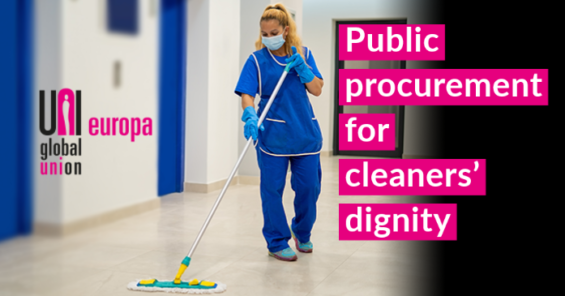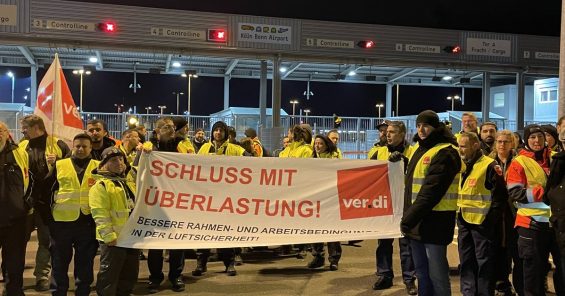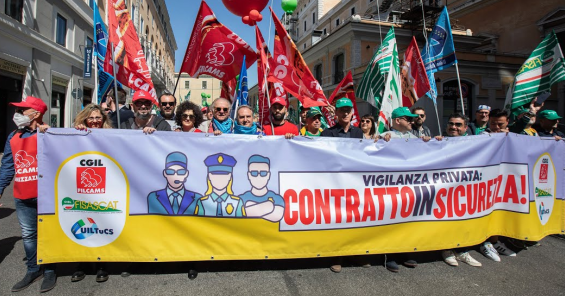The European Economic and Social Committee (EESC) has adopted an opinion entitled ‘Public procurement as a tool to create value and dignity in work in cleaning and facility services’. Coming at a crucial time, this opinion outlines concrete proposals to improve conditions for cleaners, who are among the lowest paid and most precarious workers in the EU.
“The over 4 million cleaners in the EU, most of them women and many of them migrants, have been on the frontline of our efforts to contain the pandemic. The Covid-19 crisis has shown for all to see just how essential they are. The crisis also exposed how so many of these workers are under-resourced, under-equipped and precarious. Today’s opinion is a strong blueprint for the EU to truly promote dignity at work for these essential workers,” said Oliver Roethig, Regional Secretary of UNI Europa.
The opinion emphasises the need for public authorities or companies to base their choice on the quality of the services offered rather than on price when awarding public contracts for cleaning services. It proposes to give access to public contracts only to cleaning companies that apply the collective labour agreements for the sector. The opinion also emphasises the responsibility of public authorities to monitor compliance with social legislation and collective labour agreements by the contracting company throughout the duration of the contract.
“Competition must be focussed on how we do things better. We cannot allow it to be a back door to cut corners and unleash a race to the bottom on workers’ conditions. Collective bargaining gives workers a real say over the decisions that determine their working lives. It is the difference between work that empowers and work that exploits. Collective bargaining has been at the heart of the European social model and delivered fairer, more egalitarian societies. It must be a minimum threshold concerning working conditions,” explained Oliver Roethig.
The opinion also highlights the damaging impact on people’s lives of the nightshifts. This renders their work invisible, embeds isolation into the job and creates major problems for cleaners’ family-lives. The opinion suggests the EU institutions can lead by example by instituting daytime cleaning within their premises. Underscoring these proposals is the consensus that there is a need for the professionalisation of cleaners to ensure better quality cleaning.
The opinion was negotiated among and voted through by the constituents of the European Economic and Social Committee (EESC), including employers, trade unions and civil society. EESC opinions play an important role in shaping the policies of the European Commission and institutions as well as those of country governments.
“In the words of President von der Leyen, ‘it is time that work pays’. These criteria for public procurement are instructions for how this can be done. While they are focussed on cleaning, we know that they can be the basis for much needed improvements in other sectors too,” said Sophia Reisecker, EESC Member for the Workers Group.
Mark Bergfeld, Director of UNI Europa Property Services, served as an expert for this opinion. For further information, please contact him here.


